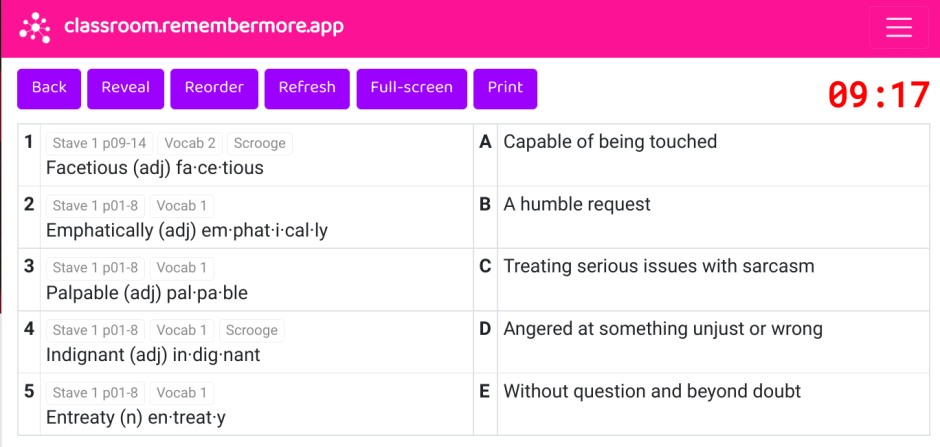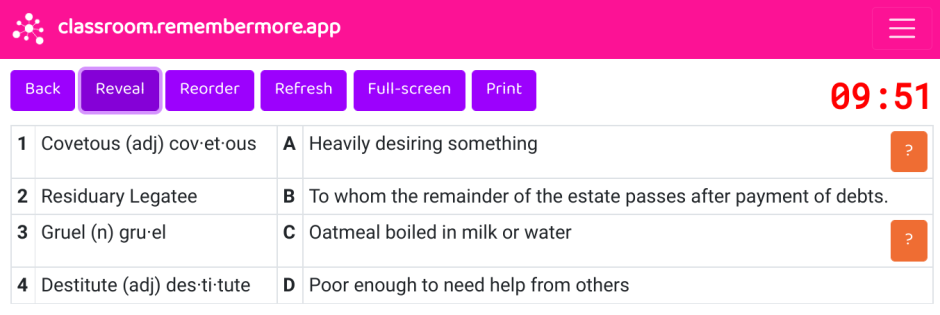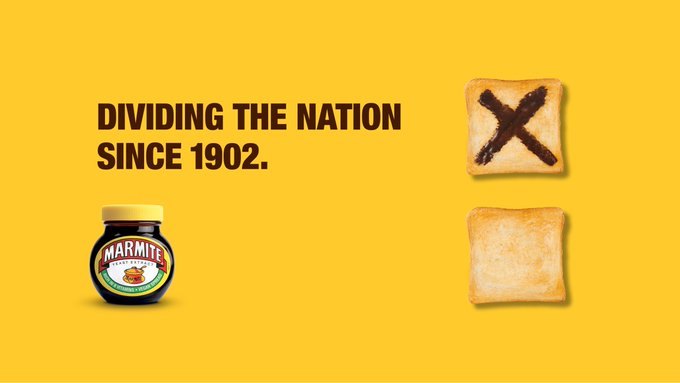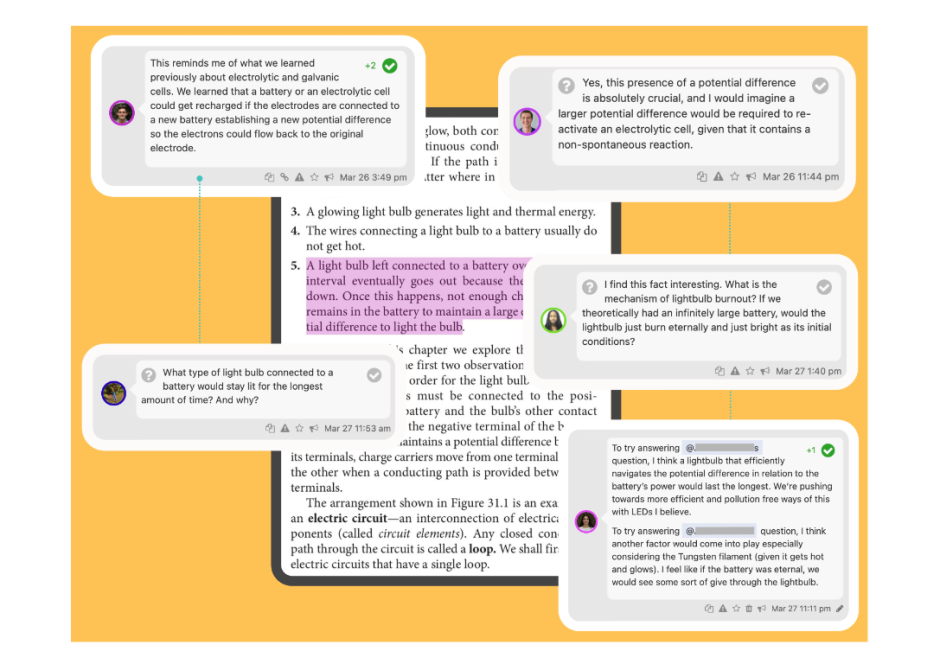Lots of discussion, again, around MCQs this week. It coincides with a comment from Doug Lemov on a ResearchEd Chile presentation and a pros and cons post from Evidence Based Education.

MCQs are rarely too far from the front line education debate. Often presented as a Marmite argument of pros and cons, they remain a topic of fervent debate with clear peaks and troughs of interest around academic assessment cycles.

Back in 2014, then Chief Regulator of Ofsted, Glenys Stacey, told Westminster Education Forum A Level Reform event…
…we find multiple choice less attractive, and associate it with lower demand – and yet we can see that designed well, it can be sufficiently challenging and enable much more of the subject to be assessed. Of course it suits some subjects much more than others.
Glenys Stacey
And I think that sums up the Marmite debate pretty well. Written well MCQs can be ‘sufficiently challenging,’ they suit some knowledge (rather than subjects) better than others and I would add, they suit some situations and teaching moments better than others.
Why are MCQs Marmite?
There are frequent and well reported pros and cons for the common garden variety MCQs (other types of, and modifications of MCQs are available) however these are rarely discussed. The thoughts behind this post is whether or not the pros of ‘exact correctness,’ and cons (recognition recall, chance, the difficulty of distractor designs) can be used inform assessment design.
Cons:
MCQs are recognition recall and whilst free recall offers stronger memorial gains, the correctness of the answer is why MCQs are supported by regulators and teachers. Can we still assess for, design for, correctness?
Distractors can give false memories. This makes effective MCQ distractor design more difficult. Offering feedback on both correct and incorrect responses helps. (Not feasible when MCQs are used for cold or final assessment). Can we have greater variability in response?
1:x chance of guessing right. Offering more than one correct answer, one of Dylan Wiliam’s favourite adaptations, is one adaptation. Explore the use of lesser known MCQ varieties – best answer MCQs (MCQs and discussion) and ARQs – assertion-reasons questions.
Alternatives to MCQs – Matching pairs
Matching Q-A activities: still recognition recall, lowering not excluding, the possibility of false memories, requires a more comparative discrimination processing approach. Pupils can either record pairings (encoding) and use alpha-numerical codes. Answers below.

eg 1C, 2E, 3A, 4D and 5B
This activity takes less than 10 seconds to build with https://classroom.remembermore.app/. The difficulty can be adjusted by:
- More-less pairs / time
- Sampling from a wider-narrower breadth of flashcards
- Targeted tags selection eg, Vocab 1 or selecting both Vocab 1 and Vocab 2
- Removing tags eg location and character
- Reordering or refreshing flashcards.
Although not possibly here, having an uneven number of Q-As (cue-responses) raises the difficulty level considerably.
Categorising
Categorise which ‘A Christmas Carol’ theme each flashcard relates to? And why? (‘Social Responsibility’ and ‘Poverty and Wealth.’) What is interesting about this task, is that it is free recall and requires a fair amount of knowledge and knowledge to process.

eg 1, 2 and 3, were tagged Wealth and Poverty and 4, Social Responsibility (these are best fit and open to debate).
Which two flashcards relate to Scrooge?
Cloze activity
I am fairly confident you are familiar with close activities. Words are removed from a passage for the pupil to fill in. The missing words may or may not be provided in a word bank, again, red herring or extra words can be provided. Incidentally, I do not see as many cloze activities in classrooms these days as I once did.
Word search
I am 100% confident you are familiar with word searches. Much maligned – IMHO pupils love them. No instructions are required. Omit the word list and you have a free recall task.
Sequencing
Sequencing is another viable activity, even with the parts provided.
Any other suggestions?
MCQs for checking for understanding (encoding) as opposed to MCQs for assessment (remembering) are different beasts and teachers might wish to consider the recall mode for each.



